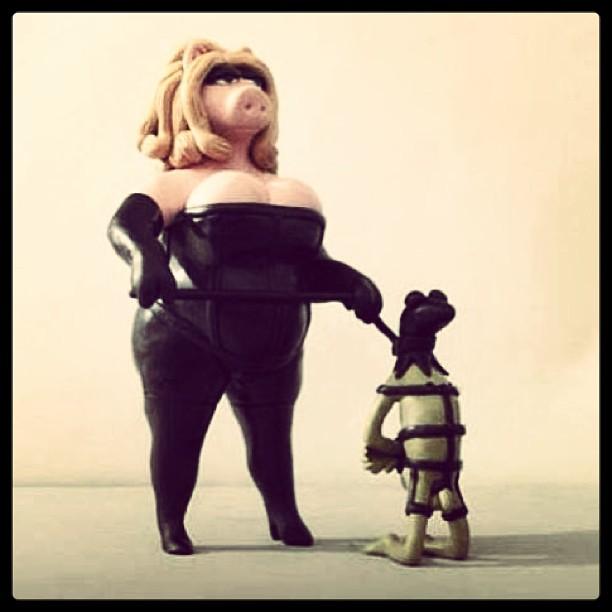The research Everett and his colleague report suggest a different way of thinking about moral reasoning. Flexible morality may be a better guide to making difficult decisions in a complex world. But if you want other people to trust and cooperate with you, it’s better to let them know your moral values are absolute.
https://www.psychologytoday.com/us/blog/talking-apes/201611/where-does-our-moral-sense-come
I'm more of a morally flexible guy, still generally people see me as trustworthy. Usually I don't discuss my morals with most people so I imagine they assume a lot.
But when it comes to moral judgments like these, most of us aren’t swayed by argumentation. Our innate moral sense is absolute. It allows no exceptions, regardless of extenuating circumstances. Yet why should this be? Throughout history, humans have repeatedly faced situations in which they had to violate their innate moral code. They kill attackers to save themselves or family members. They lie so as not to hurt the feelings of loved ones. It seems that a flexible moral sense would be more adaptive.
In a recent paper, University of Oxford psychologist Jim Everett and his colleagues laid out a theory to explain the rigidity of our innate moral sense. They propose that our intuitive morality has been shaped not by the day-to-day dilemmas we face but rather by the opinions of other people. More specifically, Everett and his colleagues hypothesize that statements and behaviors consistent with an absolute moral code are signals of trustworthiness.
This is what I've generally assumed, that there is a genetic factor, but not an absolute genetic factor. IOW, not all morals are genetically transferred. Maybe it's these non-genetic moral ideals that people feel more flexible about.
However, I don't like bullies. It offends my sense of justice. Don't see myself as being able to change that.
Where do our morals, or sense of right and wrong come from. Seems a very complicated question. Some seem innate as stated. Others seem to be brought about by the opinions of others and personal experience.
Does most everyone have an "absolute" innate moral they are stuck with like bullies? As young as I can remember, bullying always violated my sense of right and wrong. Other things ideas of right and wrong I feel a lot more flexible about. Like self survival may put you in a situation where you find it necessary to steal, kill etc...
Another absolute for me is taking credit that's not due. Don't think I would find an exception for that.
Is there a list of absolute moral values that you'd see wrong without exception?
https://www.psychologytoday.com/us/blog/talking-apes/201611/where-does-our-moral-sense-come
I'm more of a morally flexible guy, still generally people see me as trustworthy. Usually I don't discuss my morals with most people so I imagine they assume a lot.
But when it comes to moral judgments like these, most of us aren’t swayed by argumentation. Our innate moral sense is absolute. It allows no exceptions, regardless of extenuating circumstances. Yet why should this be? Throughout history, humans have repeatedly faced situations in which they had to violate their innate moral code. They kill attackers to save themselves or family members. They lie so as not to hurt the feelings of loved ones. It seems that a flexible moral sense would be more adaptive.
In a recent paper, University of Oxford psychologist Jim Everett and his colleagues laid out a theory to explain the rigidity of our innate moral sense. They propose that our intuitive morality has been shaped not by the day-to-day dilemmas we face but rather by the opinions of other people. More specifically, Everett and his colleagues hypothesize that statements and behaviors consistent with an absolute moral code are signals of trustworthiness.
This is what I've generally assumed, that there is a genetic factor, but not an absolute genetic factor. IOW, not all morals are genetically transferred. Maybe it's these non-genetic moral ideals that people feel more flexible about.
However, I don't like bullies. It offends my sense of justice. Don't see myself as being able to change that.
Where do our morals, or sense of right and wrong come from. Seems a very complicated question. Some seem innate as stated. Others seem to be brought about by the opinions of others and personal experience.
Does most everyone have an "absolute" innate moral they are stuck with like bullies? As young as I can remember, bullying always violated my sense of right and wrong. Other things ideas of right and wrong I feel a lot more flexible about. Like self survival may put you in a situation where you find it necessary to steal, kill etc...
Another absolute for me is taking credit that's not due. Don't think I would find an exception for that.
Is there a list of absolute moral values that you'd see wrong without exception?

